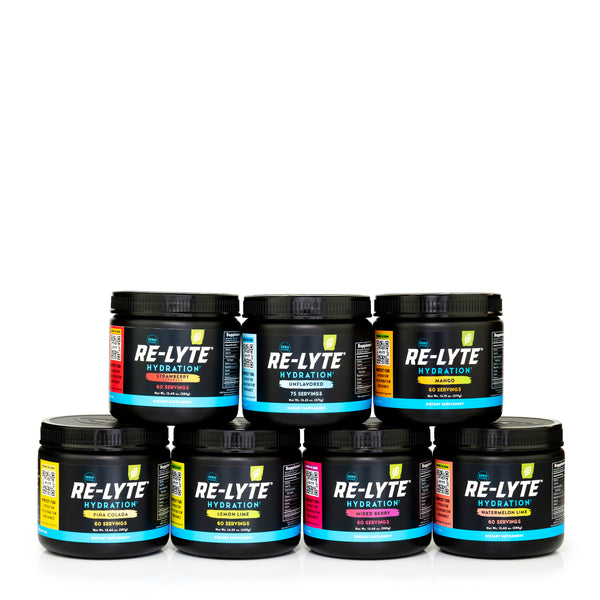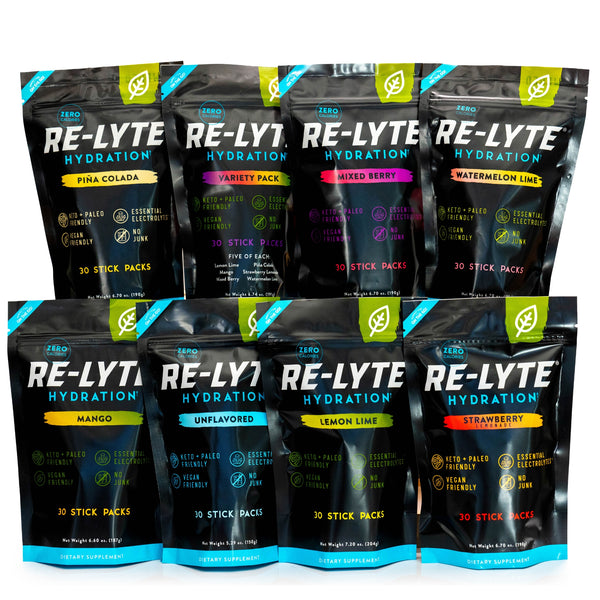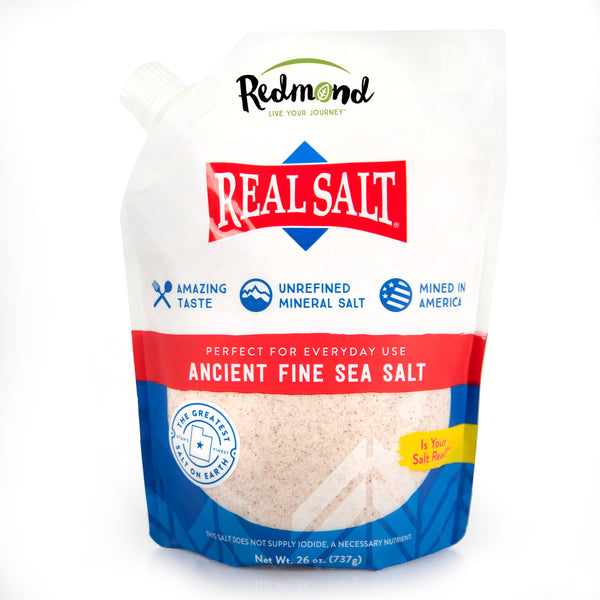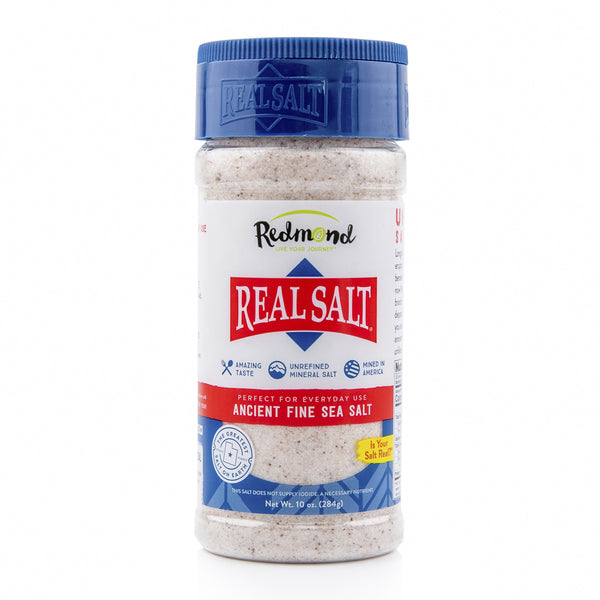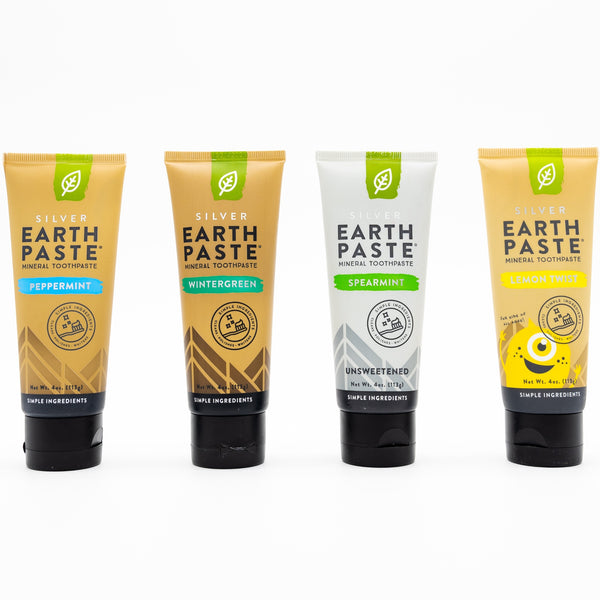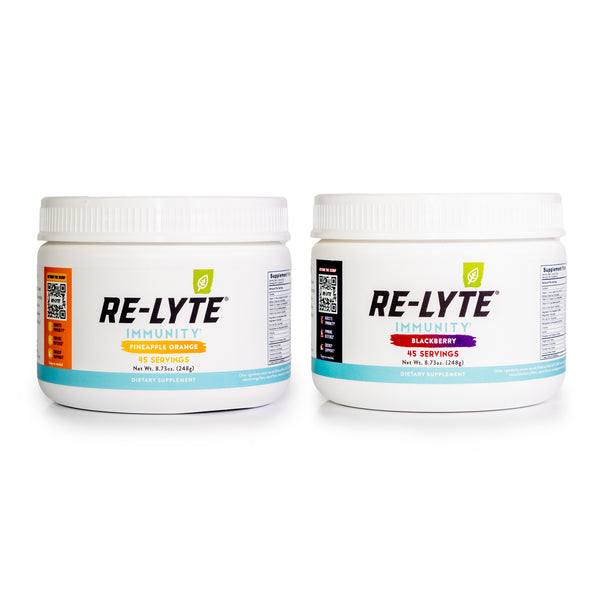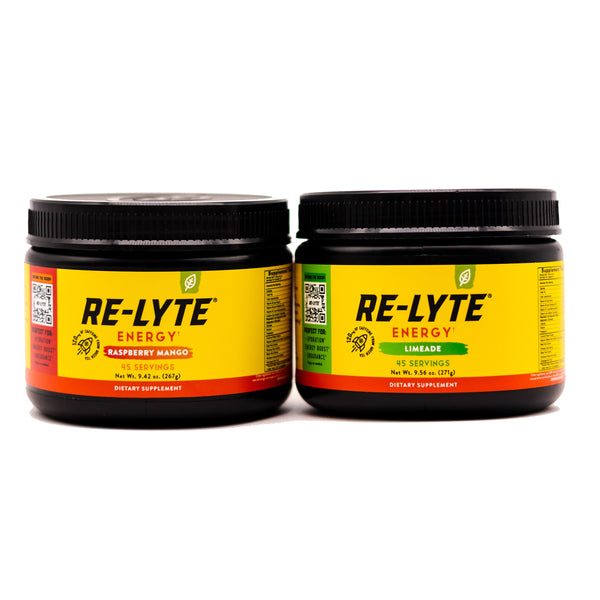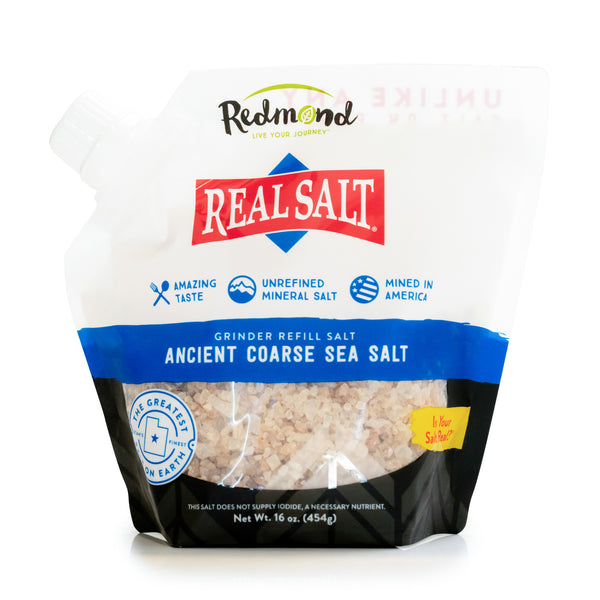Do You Need Electrolytes When It's Cold?
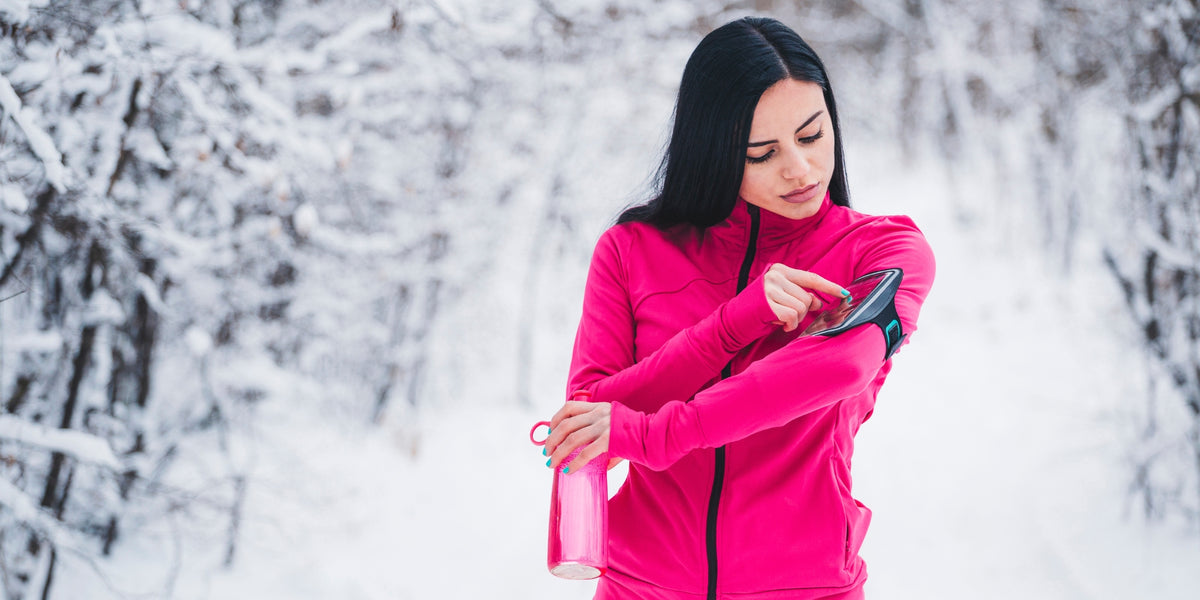
Article at a Glance:
- Your body loses water and electrolytes regardless of the time of year, and it’s just as important to stay hydrated in the winter as in the summer.
- We tend to drink less water in the winter because it isn’t as hot and because cold weather tricks our hypothalamus into thinking we are more hydrated than we actually are.
- Dry, winter air means that we lose a lot more water with every breath.
- Our sweat evaporates faster in the freezing air, which can trick us into thinking we’re not sweating.
- Cold-induced diuresis means we lose more water and electrolytes in our urine.
Cold temperatures can trick your body into thinking you’re not thirsty, but don’t be fooled—hydration is just as important when it’s chilly out. Whether you love the fresh, cold air in your lungs or prefer to stay bundled up inside, keeping your water and electrolyte intake up is crucial. After all, staying hydrated helps your body run smoothly, no matter how frosty it gets outside!
Cold weather brings a mix of factors that can speed up dehydration or trick your body into thinking it’s fully hydrated. Some of these factors are obvious, while others might surprise you. Here are four reasons you should be extra mindful about hydration during the winter.
You’re Probably Hydrating Less
This one is pretty obvious. Most people love a cold glass of water to cool off on a hot day, but in Western countries, few people reach for a glass of warm water on a cold day. This means that many of us naturally drink less water in the winter. A hot cup of coffee or tea does count toward your water intake (although it’s not quite as hydrating as plain water), but you’re probably not drinking it all day. And, as a mild diuretic, too much caffeine can rob you of water and electrolytes.
You also take in less water and fewer electrolytes if you eat less produce in the winter. Fresh fruits and veggies are an important source of hydration. But during the winter, you may be eating fewer because they’re out of season, less available, or not as tasty.
In addition, your body’s response to cold weather may trick it into thinking that it’s plenty hydrated. Research shows that cold exposure can reduce your thirst sensation by as much as 40%, even if you are dehydrated. More research is needed to know why this happens, but one study suggests that when your body is cold, it directs more blood traffic to your core (to keep it warm) and away from your extremities. With plenty of fluid-filled blood in your core, your hypothalamus thinks you are happily hydrated and doesn’t send out thirst signals.
Cold Air is More Dehydrating
Ever notice how your skin feels more dry and flaky in the winter? That’s because there is less water vapor in the air when it’s cold. Modern heating systems warm the cold air, but most don’t inject more water vapor unless you also have a humidifier. Dry air can speed up the amount of water you lose through your skin and your breath.
If you’ve ever watched your breath in the winter or used a gaiter to cover your mouth and nose during a workout, you’ve seen how much water your body expels in your breath in a fairly short amount of time. If the air is warm and humid, you breathe some water back in, but when the air is cold and dry, you breathe out a lot more water than you take back in. Some studies have found that the rate of water lost through breathing doubles when the temperature changes from 77°F to -4°F. So plan to hydrate well before and after your cold-morning run.
You’re Probably Sweating More Than You Realize
If you exercise outside in the winter, your body may work harder than during the summer because it’s trying to stay warm. After all, you’re wearing extra layers that offer some resistance to your movement. We may not sweat as much in the winter (unless we’re wearing too many layers), but we still sweat. The extra layer(s) may be very effective at wicking away sweat, so you don’t realize how much you’re actually sweating. In addition, sweat evaporates faster in the cold, dry winter air, making you think you’re sweating very little or not at all.
Cold Weather Can Cause Diuresis
Have you noticed that you’re running to the bathroom more often when it’s chilly out? Some studies show that cold weather can trigger diuresis, which means your body is making more urine than usual. This process leads to your body losing more water, even if you’re drinking extra fluids. One small study even found that the cold can significantly increase sodium loss.
More research is needed to know exactly why this happens, but it may be due to the increase in blood volume keeping your core warm. More blood in your core means more blood circulating through your kidneys, which send more water and electrolytes to your bladder. Long story short, cold weather can send you on more bathroom breaks than you’d like!
Stay Hydrated, Even When It’s Freezing!
The cold weather may reduce the usual cues like heat, thirst, and sweat that remind us to drink water (and electrolytes!), but it doesn’t make staying hydrated any less important. Staying hydrated is a critical part of your well-being regardless of the temperature outside. So keep that water bottle handy and use this time of year to practice being more intentional and mindful of what your body needs.
Sources:
- Influence of Cold Stress on Human Fluid Balance — chapter from Nutritional Needs in Cold And In High Altitude Environments (NIH National Library of Medicine)
- Plasma atrial natriuretic factor during cold-induced diuresis — PubMed
- Thirst Sensations and AVP Responses at Rest and during Exercise-Cold Exposure – Medicine & Science in Sports & Exercise
- Are you drinking enough water during winter months? — American Heart Association
- Do Coffee & Tea Count As Water? MDs Spill The (Surprising) Answer — Mind Body Green
- Caffeine and diuresis during rest and exercise: A meta-analysis — PubMed
Comments (1)

I never gave any of this much thought. Now i know why i battel with dry skin. I do not drink as much water in winter. Now i will. Thank you for the info you send to enlighten us on our bodies. There is so much we do not know!!!!
———
Redmond Life replied:
Thanks for your comment, Holly! It’s true that hydration is just as important in winter as it is in summer, but because we aren’t hot and thirsty, it’s easy to forget. It’s something I’m working on too!




